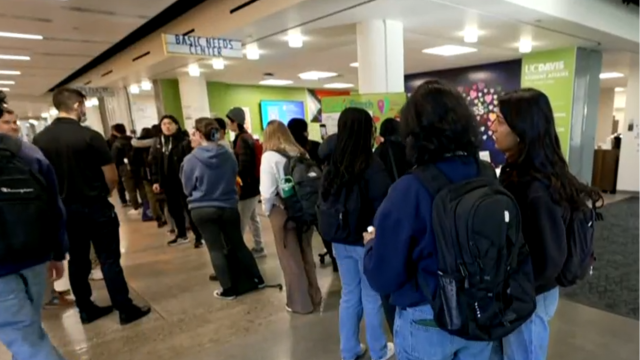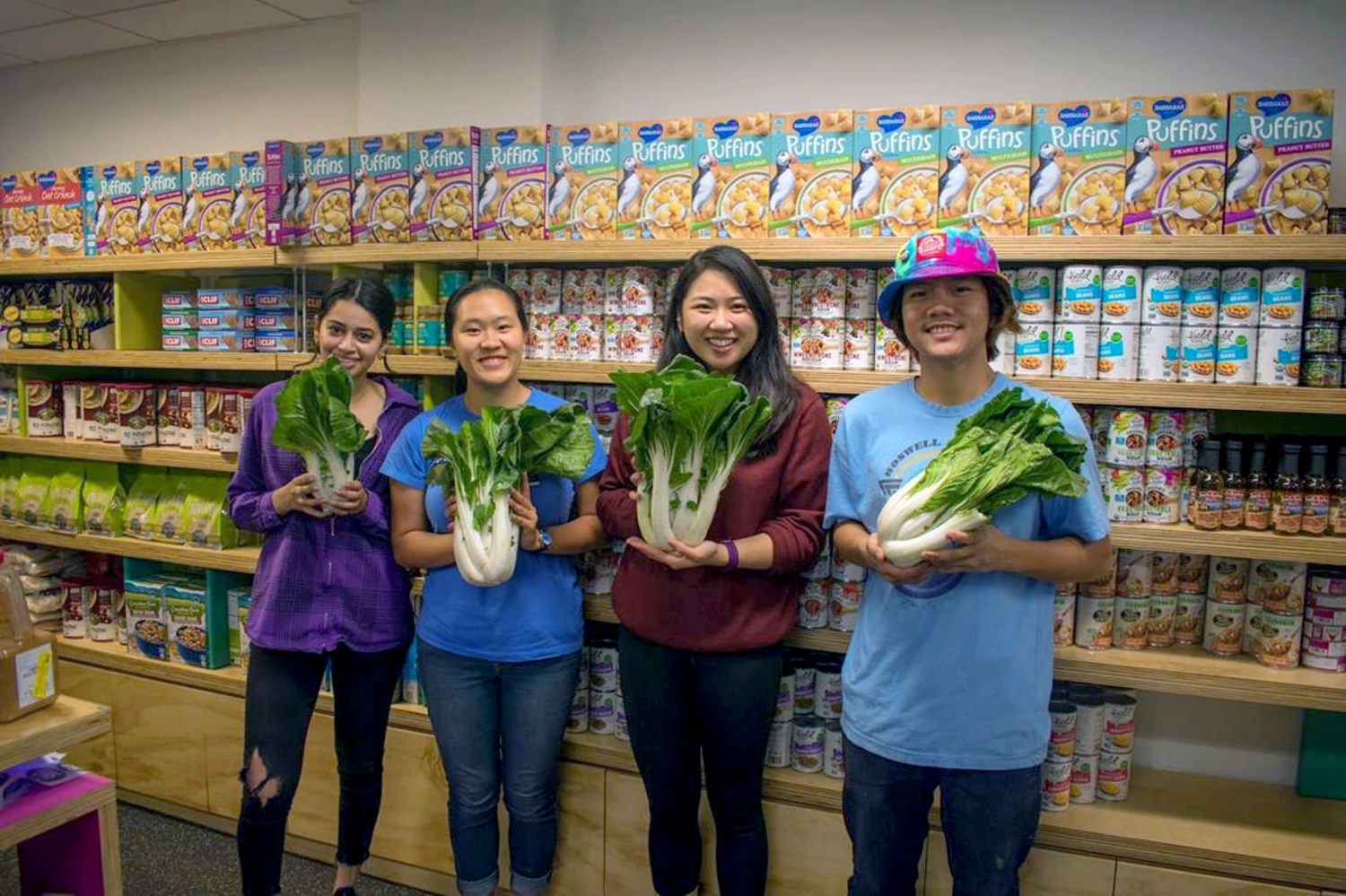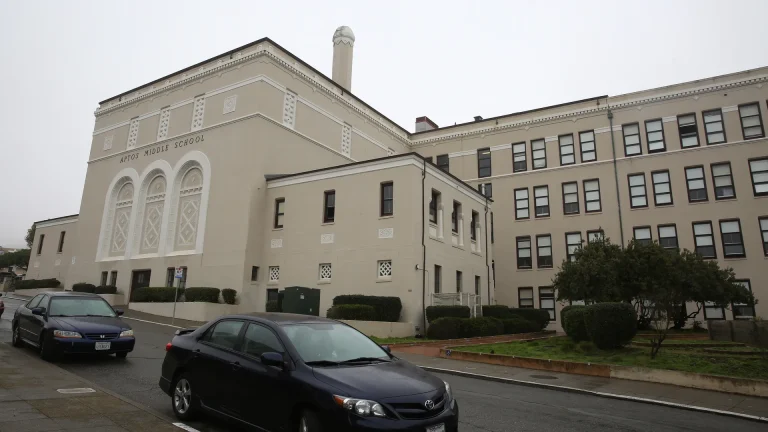In the United States, a staggering one out of every three college students grapples with the harsh reality of food insecurity, as reported by Temple University’s The Hope Center. The University of California, Davis, is among the institutions witnessing the impact firsthand, with students queuing up daily at the campus food pantry for essential support.
The rising cost of living, particularly the exorbitant expense of rent, has forced students like senior Erin Cashin to confront the harsh truth of food insecurity.
Cashin, speaking to CBS News, expressed her frustration, stating, “It’s unfortunate that food and groceries and just basic needs costs are so gigantic.” The severity of the issue is reflected in the fact that students, including Cashin, strategically plan their class schedules around the opening hours of on-campus food pantries.
The University of California, Davis, recognized the urgency of addressing student food insecurity and established a student-run food pantry. The operation is fueled by students who, having once sought assistance themselves, now contribute to the cause.
Junior Kate Tobie, one such student, emphasized the importance of giving back, having experienced the anxiety of not knowing where her next meal would come from.
Leslie Kemp, director of UC Davis’ Basic Needs Center, highlighted the significance of providing fresh produce, some of which is cultivated on the student farm and donated to the pantry. Kemp also shed light on the economic challenges, noting that “A dollar today buys a third of the commodities that it bought when I was in school.”
The issue of student food insecurity extends far beyond UC Davis. According to the nonprofit Trellis Company, there are nearly 800 food pantries on college campuses across the country, a staggering increase from the 80 pantries a decade ago.

The escalating numbers underscore the severity of the problem and the growing recognition of the need for immediate solutions.
While the concept of campus food pantries is not new, UC Davis was among the pioneers, opening one of the first pantries. Initially tucked away in a basement, campus officials found that this location inadvertently increased the stigma for those in need.
To combat this, the UC Davis pantry has since been relocated to the heart of the campus, emphasizing accessibility and reducing potential embarrassment for students seeking assistance.
The UC Davis pantry is designed to be inclusive. It is not limited to students without meal plans or those who can’t afford groceries; instead, it is open to anyone with a valid student ID, with no questions asked. Leslie Kemp emphasized the importance of this approach, stating, “If we’ve got 10 students coming in and three didn’t need it, I’m okay with that. As long as we get those seven who did need it.”
Related News:
- Colorado Climbs the Charts: 5th Place in National Education Rankings!
- Empowering Arts Education: California’s Innovative Toolkit Unveiled
- Education Budget in Focus: NYS Lawmakers Hold Hearing”
Erin Cashin, a senior at UC Davis, attested to the significant relief the pantry provides, stating that it lifts a “huge” load off her shoulders. She acknowledged that without this support, her academic performance would likely be affected, impacting not only her grades but also her mental health. The existence of campus food pantries thus plays a pivotal role in supporting students’ holistic well-being.















+ There are no comments
Add yours